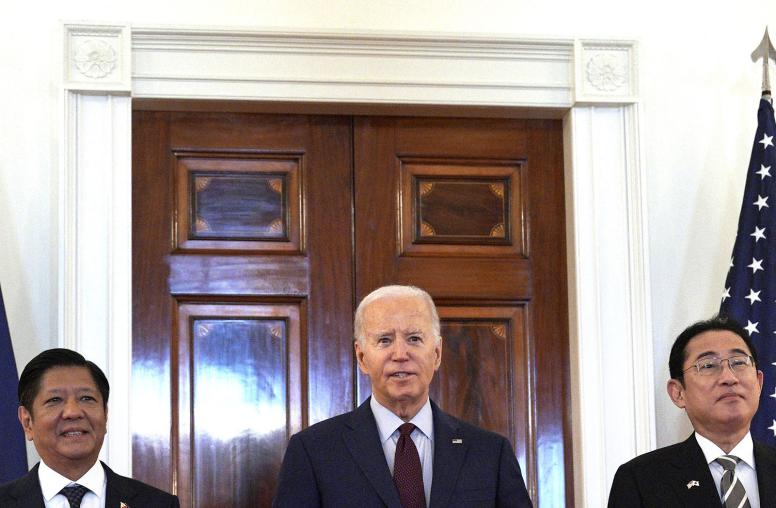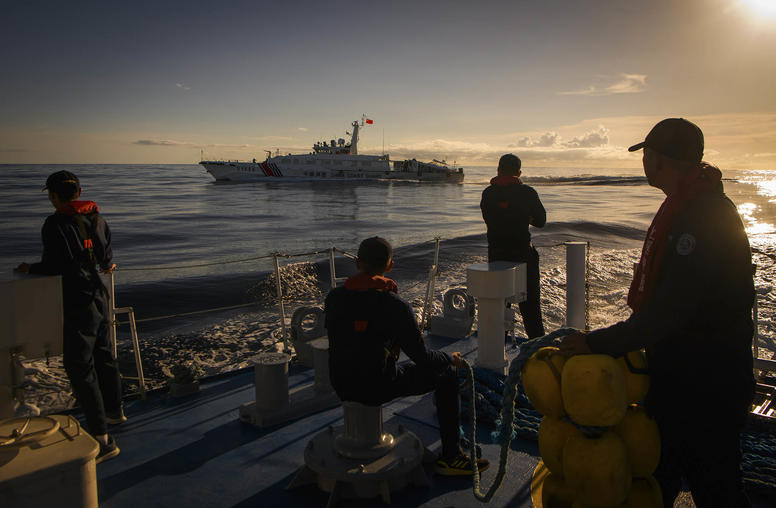U.S.-South Korea-Japan Trilateral Cooperation on Global Issues
This public symposium explored how the U.S., South Korea, and Japan can cooperate on common challenges and opportunities in the international community.
This public symposium explored how the U.S., South Korea (ROK) and Japan can cooperate on common challenges and opportunities in the international community.
Speakers
- Dr. Abiodun Williams, Chair
Vice President, Center for Conflict Analysis and Prevention, U.S. Institute of Peace - Ambassador Richard Solomon, Welcoming Remarks
President, U.S. Institute of Peace - Mr. Joseph Donovan, Keynote Speaker
Principal Deputy Assistant Secretary for East Asian and Pacific Affairs, U.S. Department of State - Message from Mr. Nagashima Akihisa*
Member of the House of Representatives DPJ, Vice Minister of Defense
*To be read by Mr. Yamato Taro, Director of Strategic Planning Division, MOD
Panel Presentations
(a) Trilateral Cooperation on Nuclear Disarmament - Global Zero
- U.S.: Col. Paul Hughes (ret.) (Executive Director, Congressional Commission on the Strategic Posture of the United States, USIP)
- ROK: Dr. Jun Bong-Geun (Professor of Security and Unification Studies, IFANS)
- Japan: Ambassador Ishii Masafumi (Ambassador for Policy Planning, International Security Policy & Deputy Director-General, Foreign Policy Bureau, MOFA)
(b) Trilateral Cooperation in the Global Economy - The Promise and Challenge of the G-20
- U.S.: Mr. Jeffrey Schott (Senior Fellow, Peterson Institute for International Economics)
- ROK: Dr. Choe Wongi (Professor of International Political Economy and Trade, IFANS)
Formal Concluding Remarks
- ROK: Ambassador Lee Soon-Chun (Chancellor, IFANS)
- Japam: Mr. FUJITA Yukihisa (Member of the House of Councillors & Director-General, International Department of DPJ)
- Japan: Mr. Yachi Syotaro (Vice President, IIPS & Former Vice-Minister for Foreign Affairs)
4:30 - 5:00 PM Panel presenters will be available to answer questions after the Public Symposium



